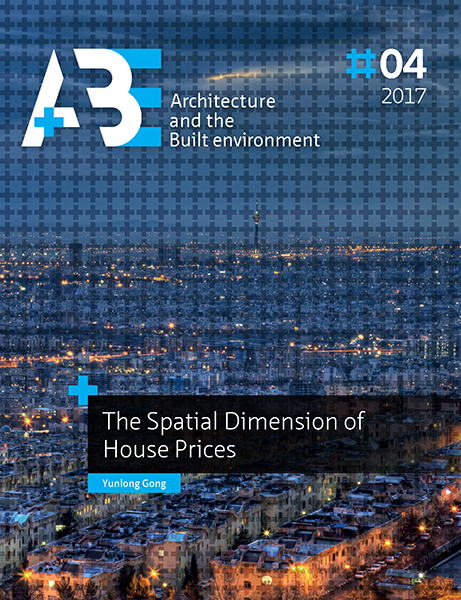Accounting for spatial variation of land prices in hedonic imputation house price indexes
A semi-parametric approach
DOI:
https://doi.org/10.7480/abe.2017.4.3651Abstract
Location is capitalized into the price of the land the structure of a property is built on, and land prices can be expected to vary significantly across space. We account for spatial variation of land prices in hedonic house price models using geospatial data and a semi-parametric method known as mixed geographically weighted regression. To measure the impact on aggregate price change, quality-adjusted (hedonic imputation) house price indexes are constructed for a small city in the Netherlands and compared to price indexes based on more restrictive models, using postcode dummy variables or no location information at all. We find that, although taking spatial variation of land prices into account improves the model performance, the Fisher house price indexes based on the different hedonic models are almost identical. The land and structures price indexes, on the other hand, are sensitive to the treatment of location.

